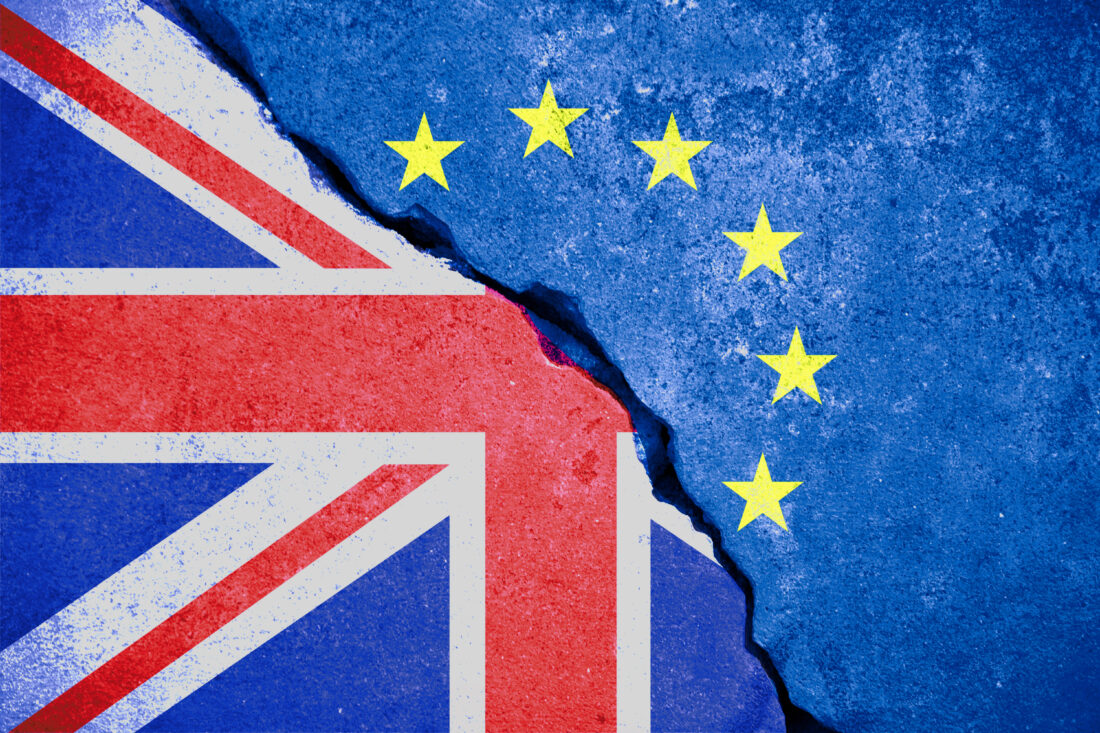Brexit – A Free Trade Deal, Yet the Saga Continues
The UK and EU have finally agreed to terms on Brexit that will likely lead to ratification of an historically important UK:EU free trade deal. So where does this leave financial services and more specifically the investment and fund industry?
The quick answer is that it leaves the industry in a form of limbo. Why pray tell? Or more importantly – what pray tell does this mean for our industry?
For whatever reason, financial services seems to have been broadly left to the side from Brexit, for handling later as part of a broader determination of equivalence. This all seems very strange when so much effort was expended on ‘fishing rights,’ which while a politically charged and hot topic, is an industry that pales in comparison to the financial services industry.
A quick run through on the known knowns:
- Passporting and automatic access to markets as it existed for UK firms in the EU, and likewise EU firms in the UK, has now ended. Firms that relied on passporting now need to apply to the relevant states where memoranda of understanding (MOUs) exist between the relevant counties to continue operations. Financial services were not specifically included in the deal to the extent many had hoped and where it leaves us is with conditions one might have expected in WTO (World Trade Organization) GATS (Global Agreement on Trades & Services).
- We do know that the EU and UK are determined to arrive at a conclusion on equivalence before the end of March 2021. A joint declaration draft has been agreed that states the UK and EU will agree by March 2021 an MOU establishing the framework for regulatory co-operation on financial services. Rishi Sunak (UK Chancellor) was quoted by the Guardian as being confident “Because there is a stable regulatory framework mentioned in the deal.” The equivalence route many firms are faced with is less than ideal as equivalence arrangements are subject to a 30-day notice of withdrawal.
- While the agreement does not specifically mention any limits being set on delegation, which is seen as a win for the UK portfolio management industry, this could and will likely rear its head again as part of future reviews of by ESMA of AIFMD and UCITS.
- New York will likely see a rise in UK/EU derivative trading as EU firms can no longer use UK venues to trade Euro denominated shares and derivatives from January 4, 2021. Why so? Because New York has been deemed equivalent for such activity, although the FCA indicated as late as 31st December, that where firms that are subject to the UK DTO (Derivatives Trading obligation) trade with, or on behalf of, EU clients that are subject to the EU DTO, they will be able to transact or execute those trades on EU venues.
So the certainties are that we are going to see more uncertainty, more fragmentation of trading venues and activity, potentially divergent regulatory regimes and a weakening of the single market concept for financial services, which was primarily architected by the UK and the continuation of the Brexit saga for the funds industry until at least March 2021…



